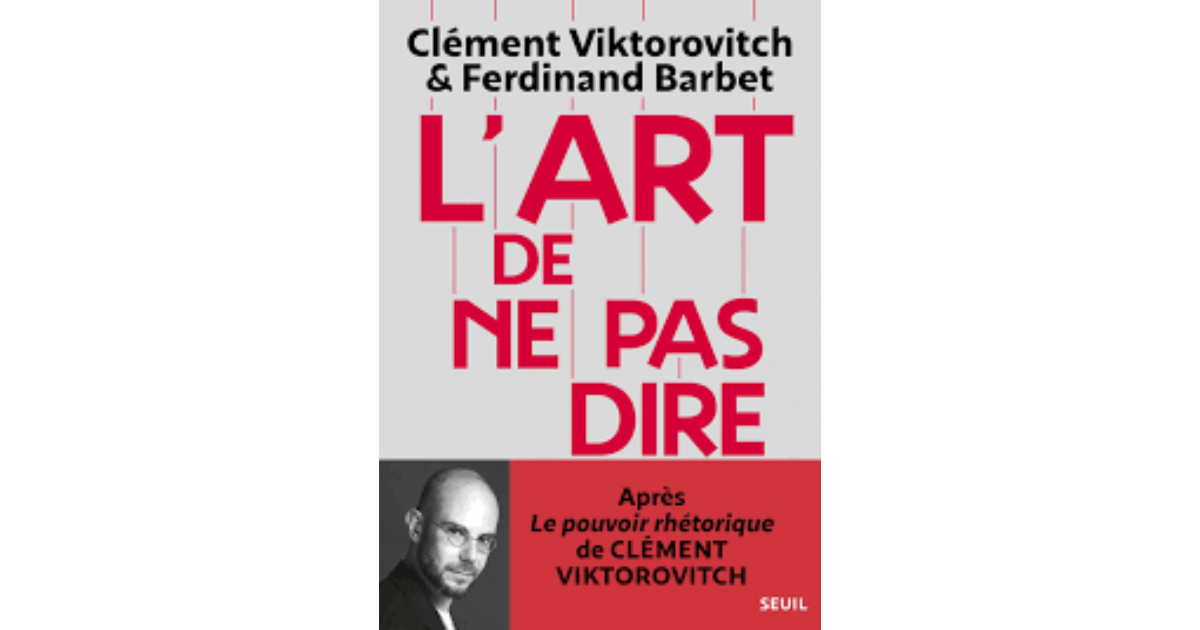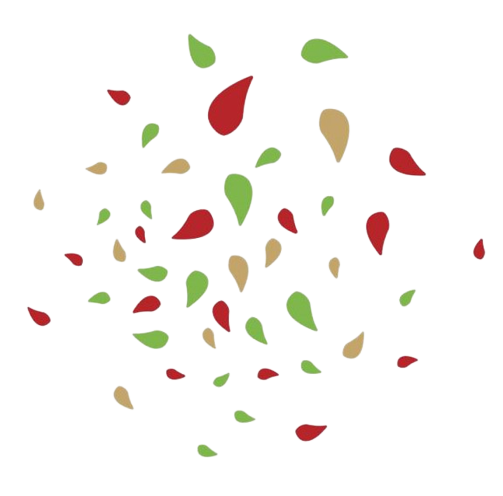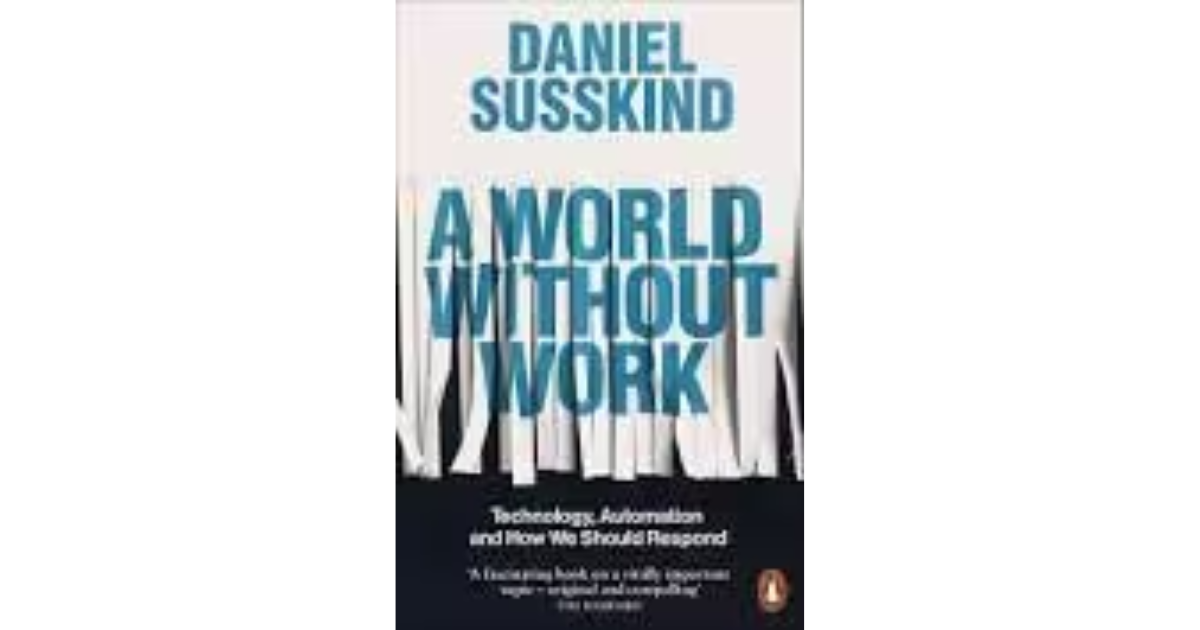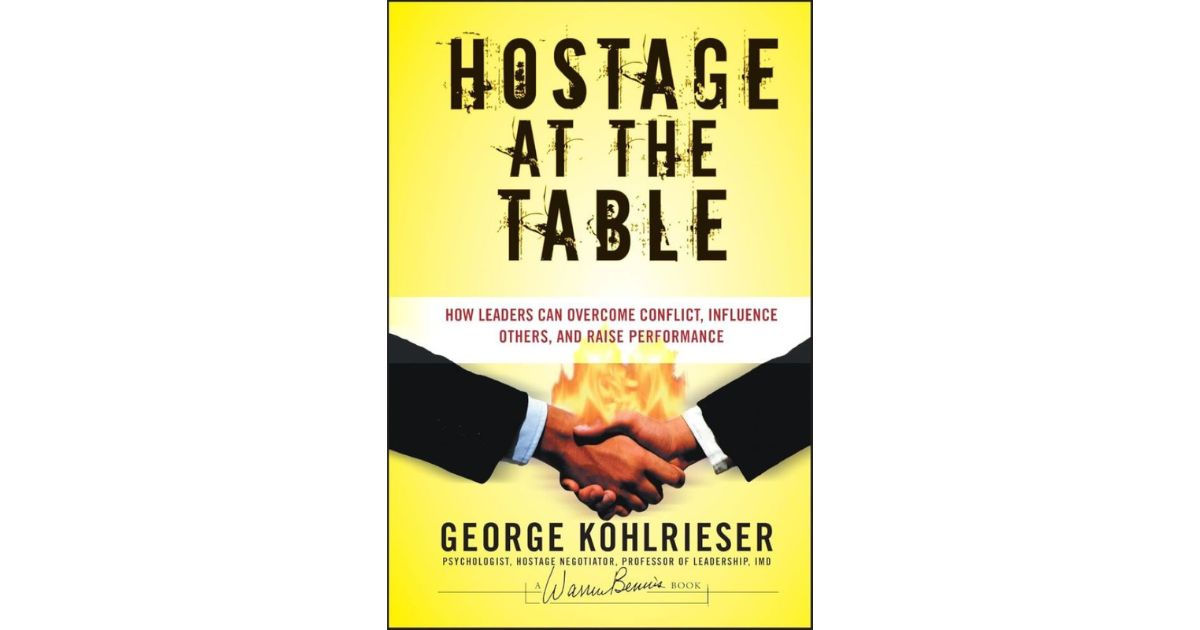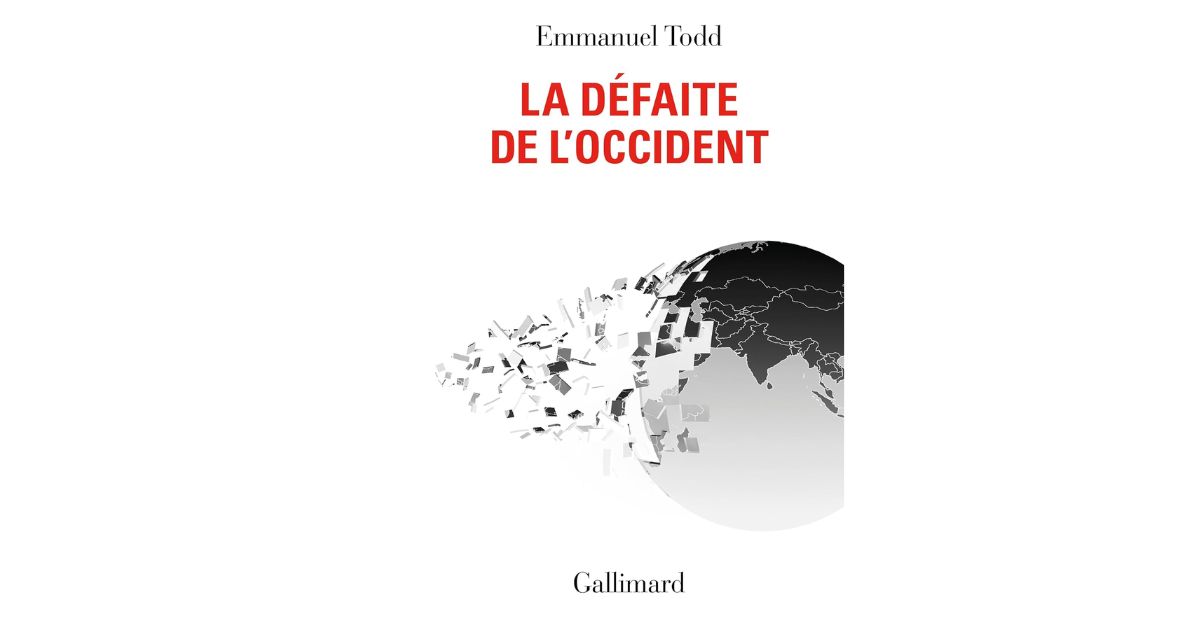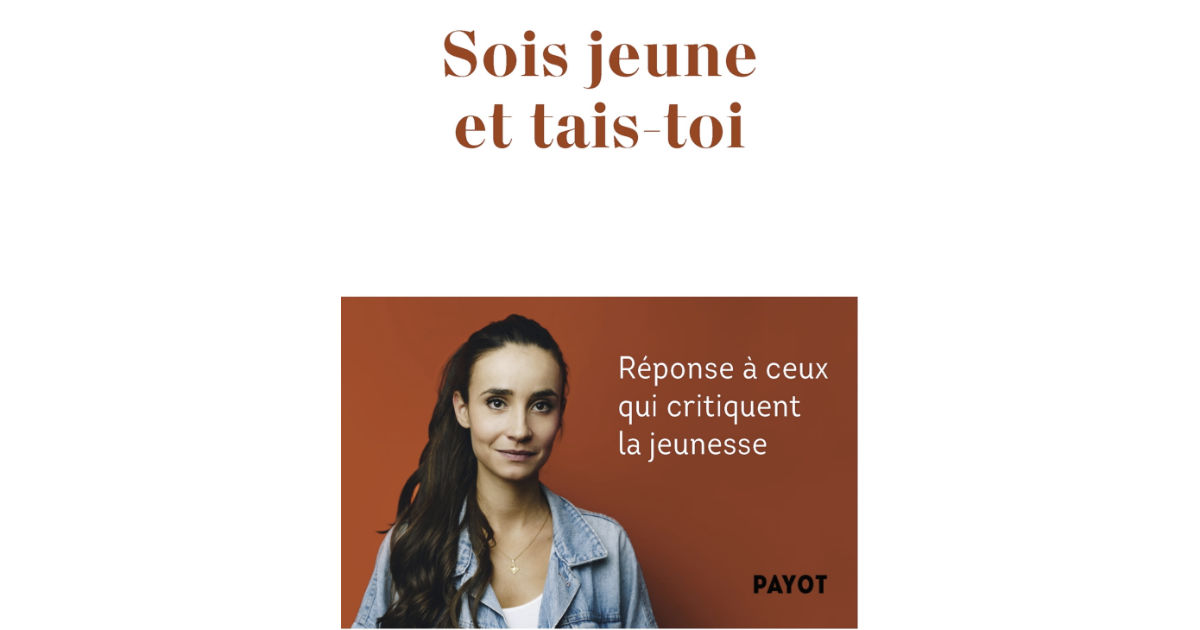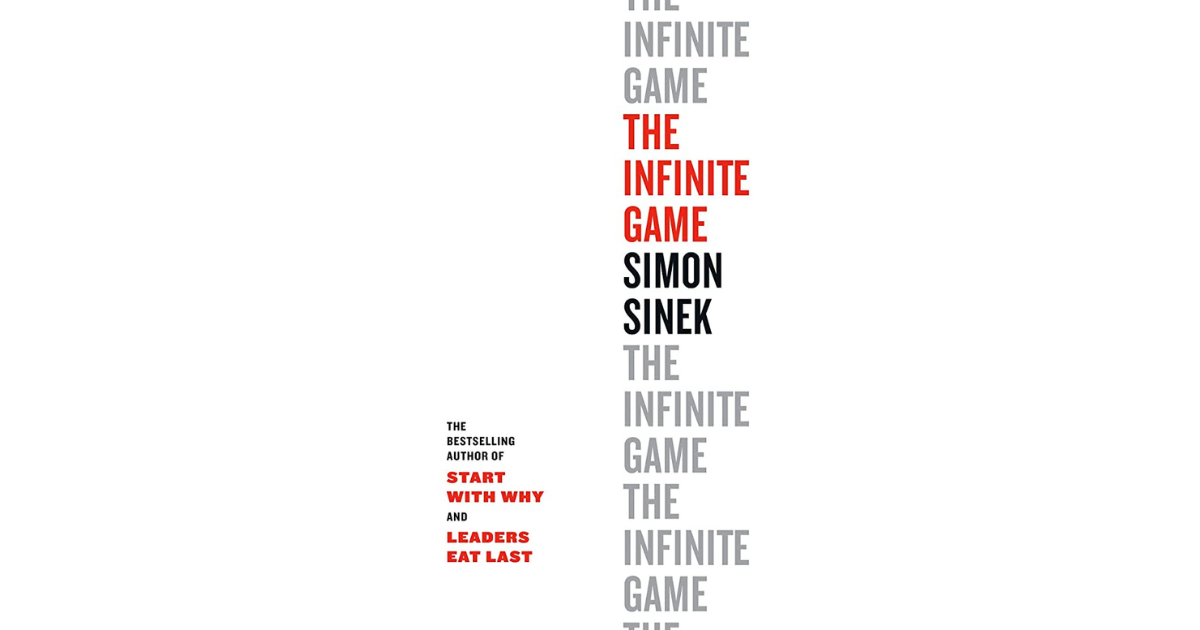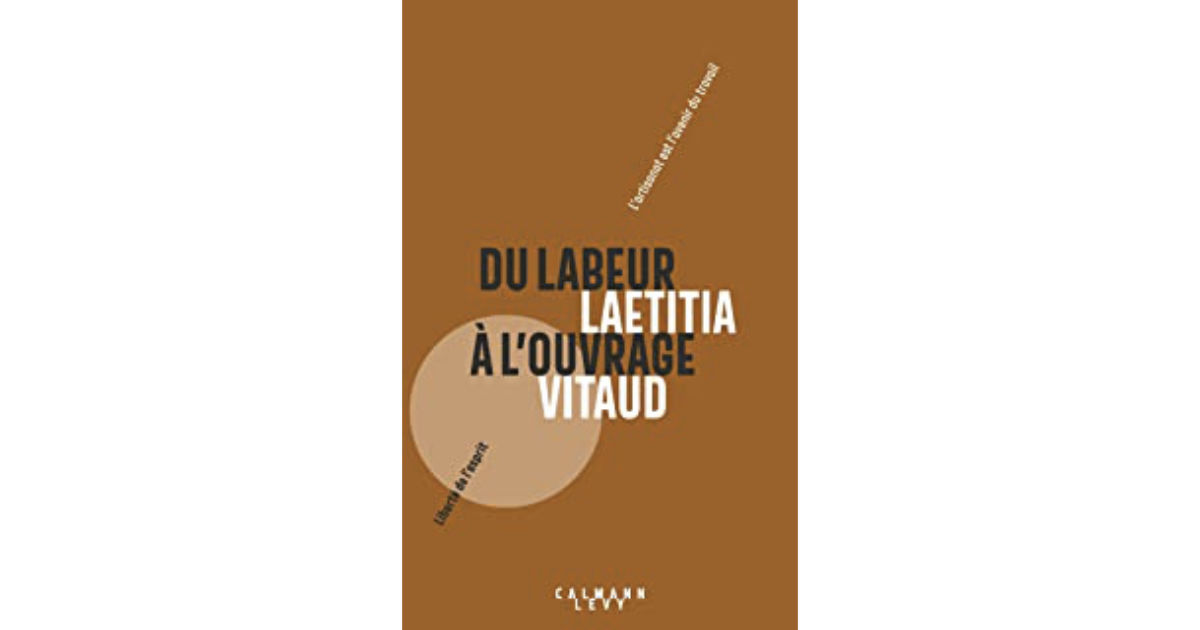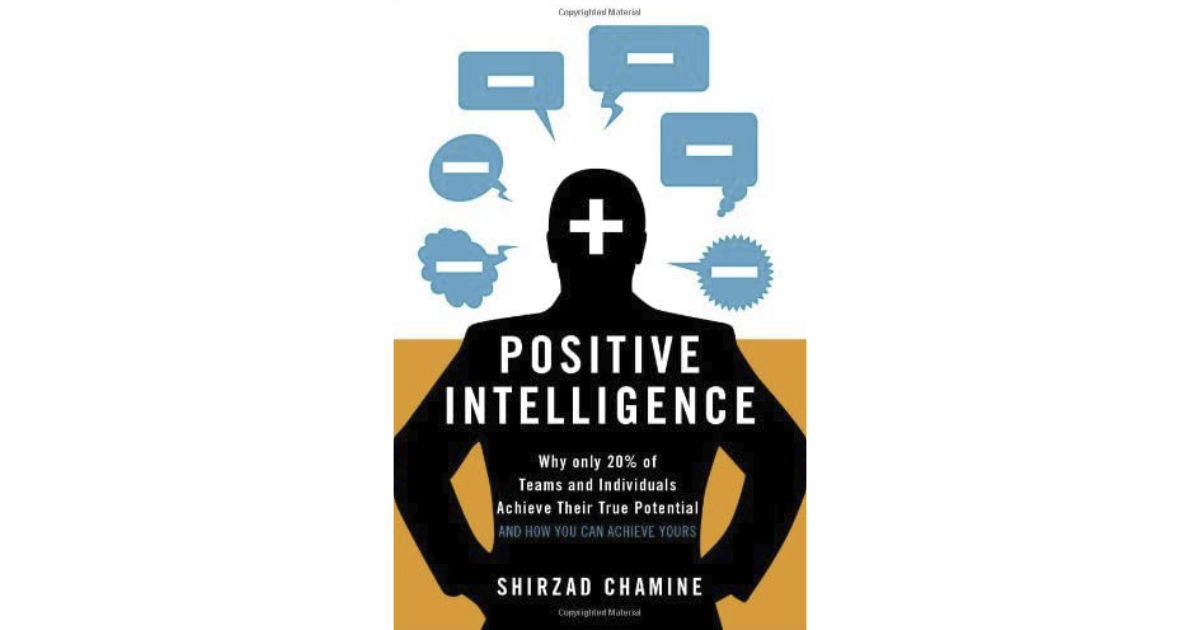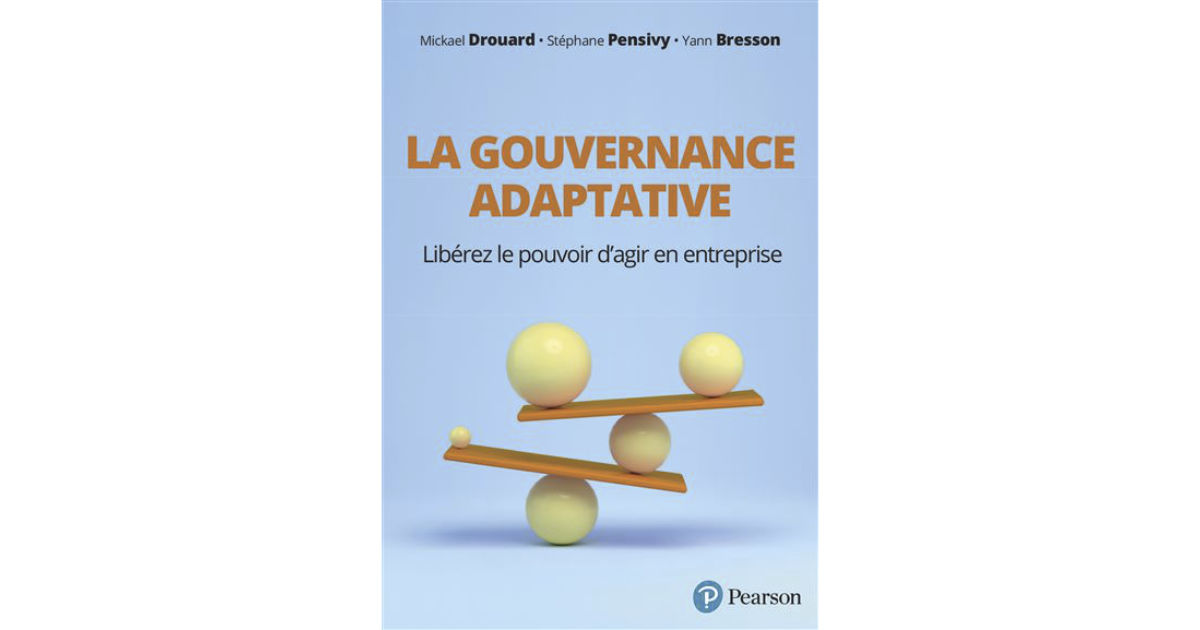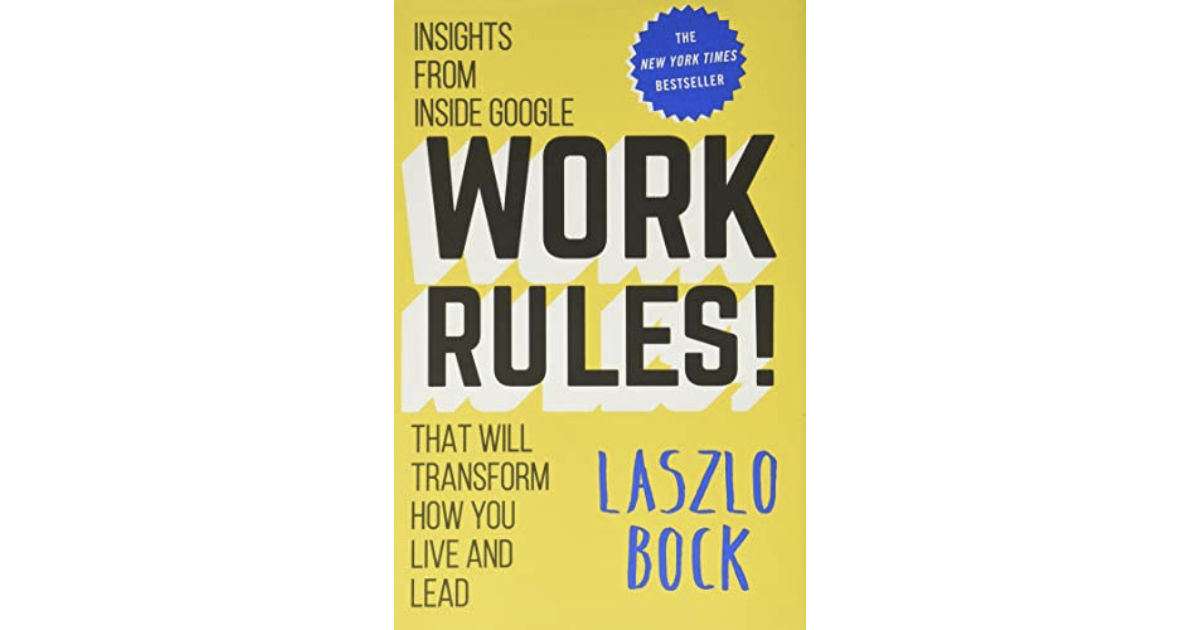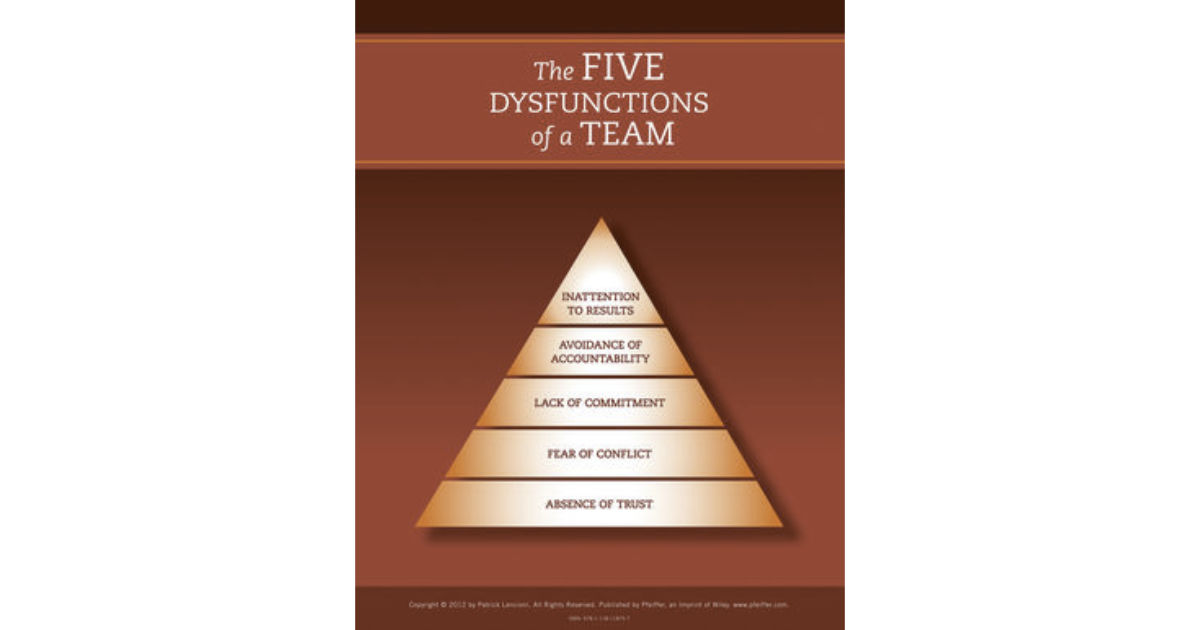The art of not saying, or how to manipulate language to blur reality. A delicate balancing act where the goal is no longer to inform but to shape perception. With his sharp pen, Clément Viktorovitch takes us deep into the intricacies of political communication. Are we still truly communicating? Or are we merely witnessing a carefully orchestrated performance where every word is chosen not to clarify, but to steer, influence… or even mislead?
Rhetoric has always been a powerful weapon: more than a tool to explain the world, it makes it acceptable. Take a classic political speech: a stage is set for imminent disaster—soaring unemployment, rising insecurity, an all-encompassing crisis—not to offer solutions, but to instill fear. Because a fearful electorate is a pliable electorate. Add to this the “scare words”—vague yet effective terms like “the system,” “the elites,” or “benevolent management” in corporations—and you have the perfect formula for a speech that clarifies nothing but stirs emotions.
« À force de remporter nos victoires par le vide, la politique est devenue, non plus un dialogue de sourds, mais un débat de muets. » (“By winning our battles with emptiness, politics has become not a dialogue between the deaf, but a debate between the mute.”)
This is nothing new. But today, we have entered a new era of communication: the age of post-truth, where emotion trumps facts, and where a statement, if repeated with enough conviction, becomes an alternative reality. Words no longer simply conceal reality—they invert it. This is how “anticatastases” emerge: statements that blatantly contradict reality without even attempting to disguise their inconsistency. Nowadays, the undeniable can be denied with impunity, simply by delivering falsehoods with unwavering confidence. What was once the art of not saying has now become the art of saying what isn’t.
More than just an analysis of rhetorical techniques, this book highlights the ethics of discourse and reminds us that language is not merely a tool of influence but also a space for the confrontation of ideas, where authenticity should take precedence. In a world where words no longer reflect reality but reshape it, listening, understanding, and questioning are no longer just intellectual exercises—they are acts of resistance.
An essential reflection on our relationship with reality.

